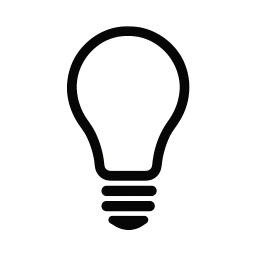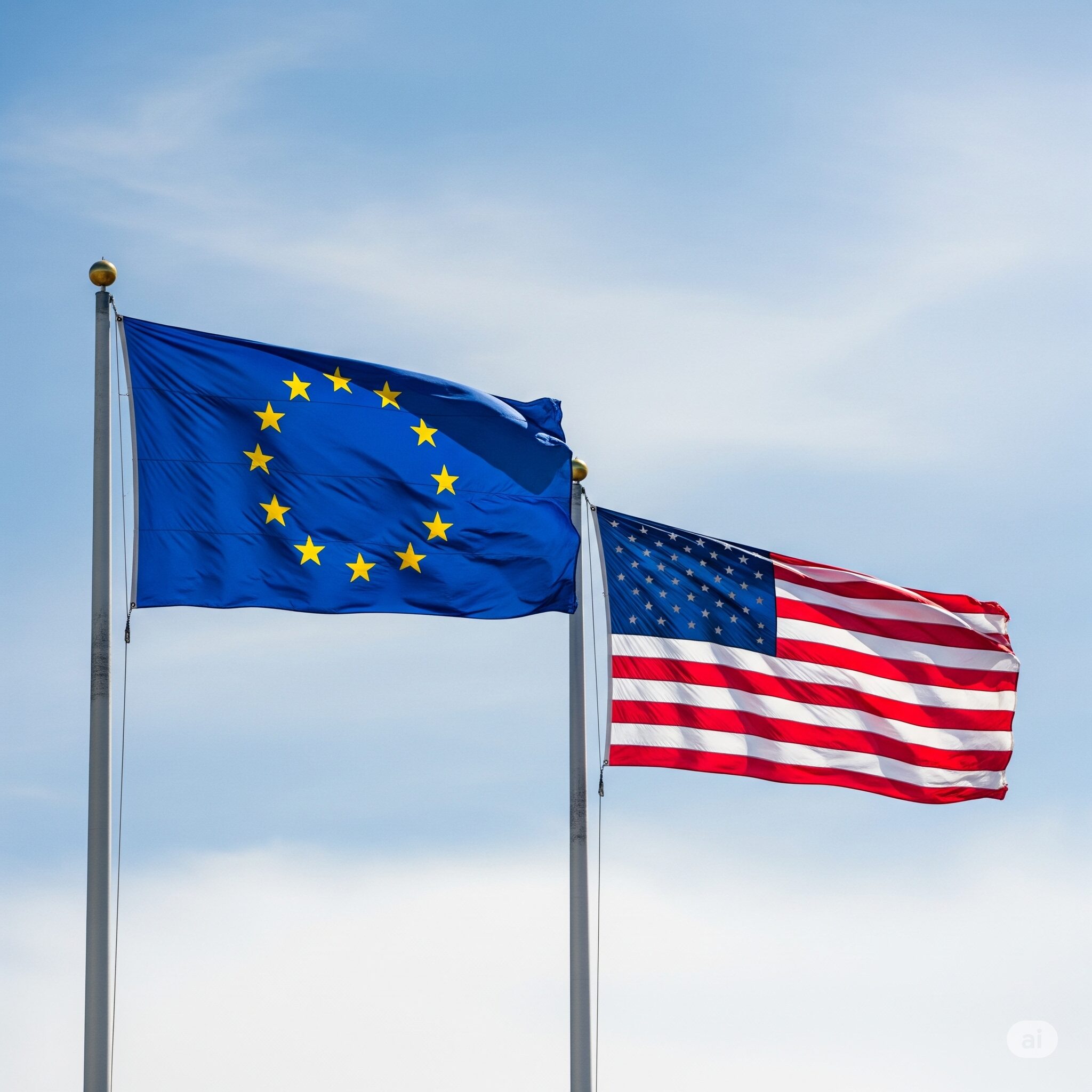Debanking is a word that I have only recently become familiar with, but it is a word that should terrify every American: your bank can decide you’re too politically dangerous to serve.
It’s not a hypothetical anymore. Across the country, people are getting form letters telling them their accounts are being closed. Religious groups are losing their banking relationships overnight. Small businesses are being cut off from payment processors. All because someone in a corporate boardroom decided their beliefs pose a “reputational risk.”
This is debanking, and it’s the quiet financial war being waged against anyone who steps out of line.
President Trump’s August 7th executive order addressing the debanking crisis wasn’t just political theater—it was a response to a real threat that’s been building for years. Financial institutions have quietly assumed the role of ideological gatekeepers, deciding who deserves access to basic banking services based on their political or religious beliefs.
The scope of this debanking problem extends far beyond any single political party, though conservatives have borne the brunt of it. When banks can arbitrarily cut off your access to the financial system because they disagree with your views, we’re not talking about free market capitalism anymore. We’re talking about corporate authoritarianism through systematic debanking.
The Debanking Playbook: Modern Censorship Through Finance
“Reputational risk” has become the banking industry’s favorite euphemism. It’s a beautifully vague term that can mean whatever they want it to mean. Support certain political candidates? Reputational risk. Donate to religious organizations with traditional values? Reputational risk. Work in industries like firearms or fossil fuels? Definitely a reputational risk. Create adult content or develop video games with controversial themes? Also reputational risk.
The banks insist these decisions are based on legitimate business concerns, compliance requirements, and risk management. The American Bankers Association maintains that politics plays no role in account closures. Yet somehow, the pattern of closures consistently points in one ideological direction.
This isn’t accidental. The Obama-era “Operation Chokepoint” established the playbook: pressure banks to avoid certain industries and viewpoints by classifying them as high-risk. The strategy was elegant in its simplicity—you don’t need to pass laws banning speech when you can just make it financially impossible to express certain views.
I was just randomly de-platformed from PayPal. No reason given other then "Unusual activates". Nonsense ofc, and i was redirected to a page telling me about the rules of "card companies". Please make some noise about this if you can and spread the word. pic.twitter.com/IrCp585zFY
— The ArchCast (@TArchcast) August 7, 2025
When Infrastructure Becomes Weaponized
Here’s what makes debanking so insidious: banking isn’t optional in modern society. You can’t pay your mortgage in cash. You can’t receive direct deposits without an account. You can’t run a business without access to payment processing. When banks coordinate to deny you service, they’re not just limiting your commercial options—they’re limiting your ability to participate in the economy at all.
The psychological impact is immediate and profound. People start self-censoring, avoiding political donations, toning down their public statements. The mere threat of financial punishment becomes a powerful tool for enforcing ideological conformity. You don’t need to actually debank everyone—just enough people to send the message.
Religious organizations have found themselves particularly vulnerable. Firearm manufacturers, cryptocurrency firms, and energy companies have all faced coordinated financial pressure. Even high-profile figures like President Trump have claimed to be targets, though banks have disputed these specific allegations.
The Debanking Executive Order and What Comes Next
Trump’s executive order represents the first serious attempt to address debanking at the federal level. It targets the use of “reputational risk” as justification for discriminatory account closures and promises increased regulatory oversight to ensure fairness and transparency.
But executive orders are inherently temporary. Real protection requires congressional action. Congressman Andy Barr’s proposed Fair Access to Banking Act and FIRM Act would create permanent safeguards against financial discrimination and establish legal recourse for those denied services based on their beliefs.
The banking industry will resist these changes, arguing that they need flexibility to manage risk and comply with regulations. They’re not wrong about the complexity of modern banking regulation. But when that complexity consistently results in discrimination against specific political viewpoints, something is fundamentally broken in the system.
Why This Transcends Politics
The fight against debanking isn’t really about protecting conservatives—it’s about preserving the principle that powerful institutions shouldn’t get to decide which Americans deserve access to essential services based on their personal beliefs.
Today, it’s conservatives being targeted for their political views. But the infrastructure of financial censorship, once established, can be turned against anyone. Progressive activists who challenge corporate power could find themselves debanked. Libertarians who question government overreach might lose their accounts. Environmental groups that oppose certain development projects could be classified as too risky to serve.
A financial system that picks winners and losers based on ideology isn’t a free market—it’s a rigged game where a small number of executives get to determine the boundaries of acceptable discourse through economic pressure.
The Broader Battle for Free Expression
This executive order arrives at a moment when Americans are increasingly aware of how concentrated corporate power can threaten individual liberty. Whether it’s social media companies controlling information flow, search engines determining what content gets discovered, or banks deciding who can participate in commerce, a handful of institutions wield enormous influence over public discourse.
The debanking issue forces us to confront an uncomfortable reality: the greatest threats to free speech in America today don’t come from government censorship but from private companies with near-monopolistic control over essential infrastructure. When these companies coordinate their actions—whether explicitly or through shared ideological frameworks—the effect is the same as state censorship, just harder to challenge legally.
Moving Forward
The fight against debanking is ultimately about ensuring that Americans don’t have to choose between their deeply held beliefs and their ability to participate in modern economic life. It’s about preventing powerful institutions from using their control over essential services to enforce ideological conformity.
Whether you’re liberal, conservative, libertarian, or something else entirely, you should care about this issue. Because once we accept that banks can discriminate based on political beliefs, we’ve accepted that economic participation is a privilege to be granted or revoked based on ideological purity tests.
That’s not the kind of country most Americans want to live in, regardless of their political views. The executive order is a start, but the real work—building lasting legal protections and cultural expectations of viewpoint neutrality—is just beginning.
The stakes couldn’t be higher. This is about whether America remains a place where people with different beliefs can coexist and compete in the marketplace of ideas, or whether it becomes a place where conformity is enforced through financial coercion.
We need to get this right.








Leave a Reply